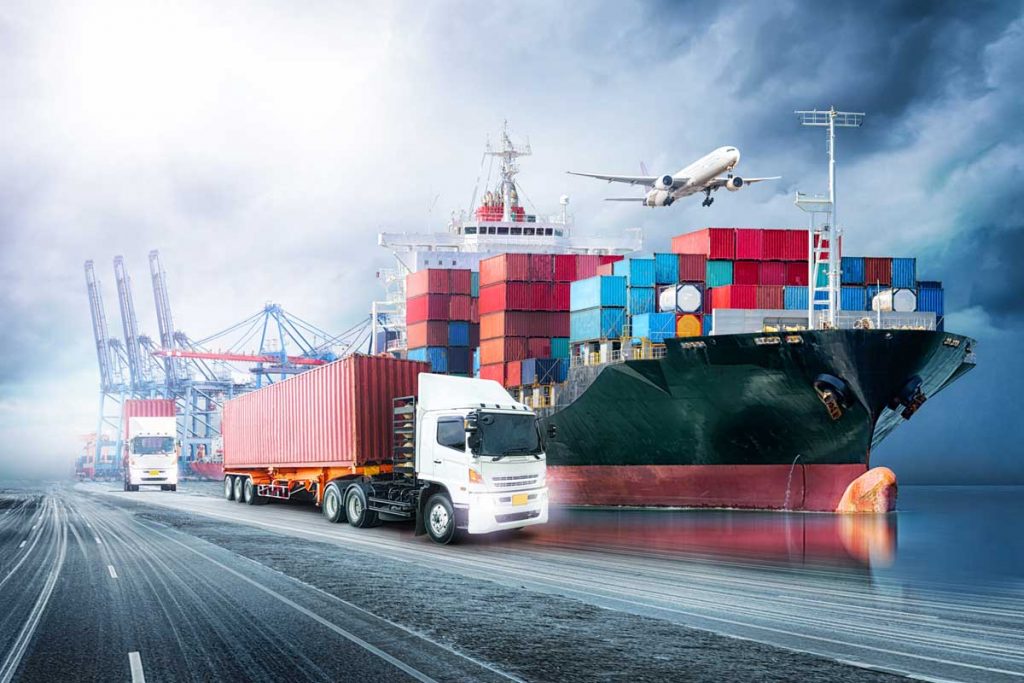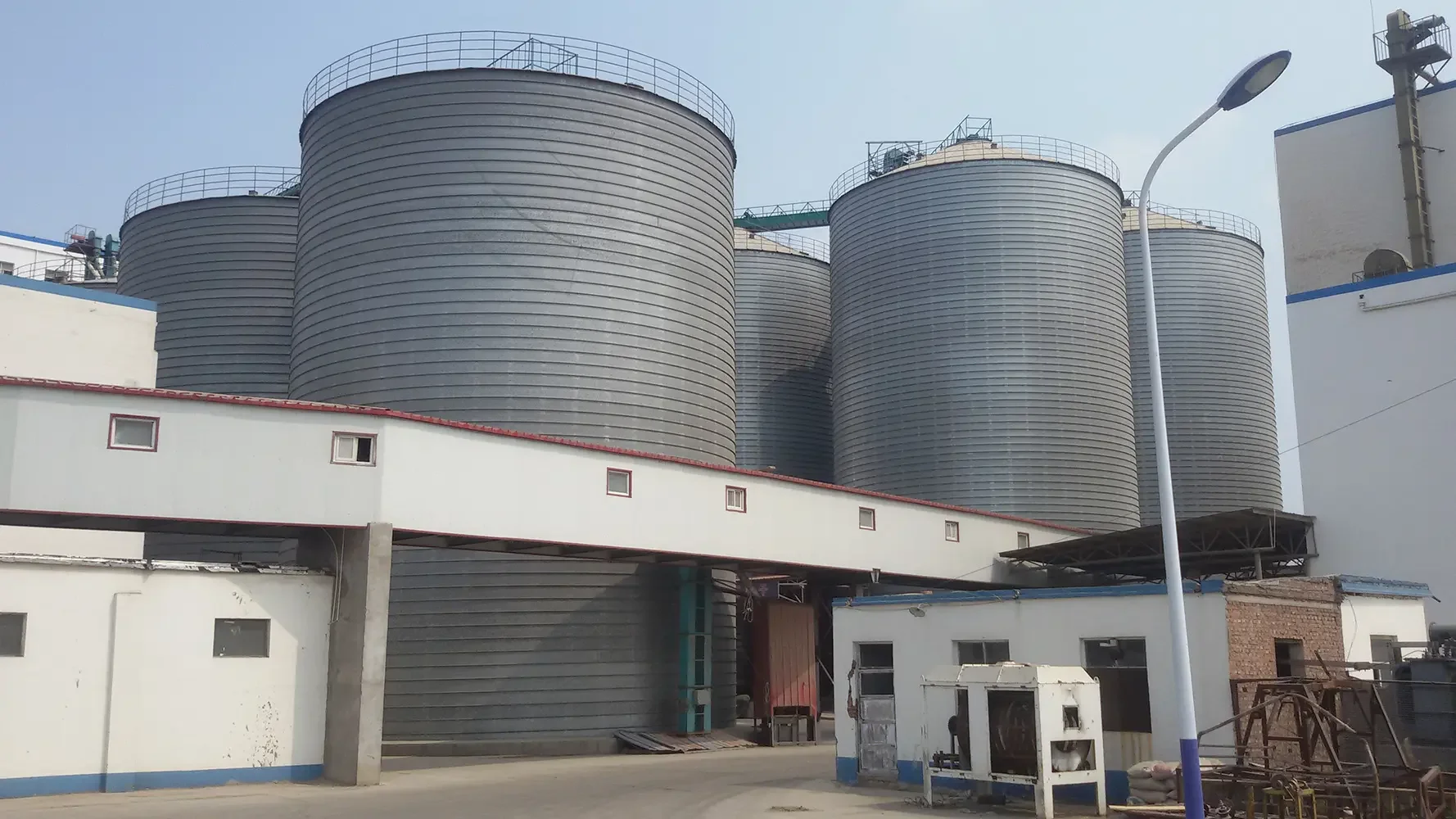In today's interconnected world, global trade plays a pivotal role in driving economic growth and fostering international relations. At the heart of this complex web of international commerce lies the crucial function of global freight forwarding. In this blog post, we will delve into the intricacies of this industry, exploring its significance, processes, and the key players involved.
- Understanding Global Freight Forwarding:
Global freight forwarding is the backbone of international trade, encompassing the coordination and management of the transportation of goods across borders. It involves a wide range of activities, including documentation, customs clearance, warehousing, and transportation logistics. Freight forwarders act as intermediaries, facilitating the smooth movement of goods from the point of origin to the final destination. - The Role of Freight Forwarders:
Freight forwarders are the orchestrators of global trade, leveraging their expertise and extensive networks to ensure the efficient and cost-effective movement of goods. They possess in-depth knowledge of international shipping regulations, customs procedures, and transportation modes. By collaborating with various stakeholders, such as carriers, customs authorities, and suppliers, freight forwarders streamline the supply chain, minimizing delays and optimizing logistics. - Key Benefits of Freight Forwarding:
a. Expertise and Guidance: Freight forwarders possess specialized knowledge and experience in navigating the complexities of global trade. They provide valuable guidance on shipping routes, transportation modes, and customs requirements, helping businesses make informed decisions and avoid costly mistakes.
b. Cost Optimization: Freight forwarders leverage their industry connections and bargaining power to negotiate favorable rates with carriers, ensuring cost optimization for their clients. By consolidating shipments and optimizing transportation routes, they minimize expenses and maximize efficiency.
c. Risk Management: Freight forwarders play a crucial role in mitigating risks associated with international trade. They handle documentation, insurance, and compliance requirements, ensuring legal and regulatory compliance. Additionally, they provide real-time tracking and monitoring of shipments, enabling proactive risk management and timely intervention in case of disruptions.
- Technological Advancements in Freight Forwarding:
The freight forwarding industry is undergoing a digital transformation, with the integration of advanced technologies such as artificial intelligence, blockchain, and Internet of Things (IoT). These technologies enhance transparency, traceability, and efficiency in the supply chain, revolutionizing the way goods are transported globally. From automated customs clearance to real-time shipment tracking, these innovations streamline operations and provide valuable insights for decision-making.
Conclusion:
Global freight forwarding is the lifeline of international trade, enabling businesses to expand their reach and connect with markets worldwide. By harnessing the expertise of freight forwarders and embracing technological advancements, companies can navigate the complexities of global logistics with ease. As the world becomes increasingly interconnected, the role of freight forwarding will continue to evolve, shaping the future of global commerce.



More Stories
How Global Trade Moves Faster Through Structured Border Compliance?
Seeing More Behind the Wheel Why Truck Backup Camera System Matters
Electric Rescue ATV Vehicle Redefining Rapid Response in Complex Terrain